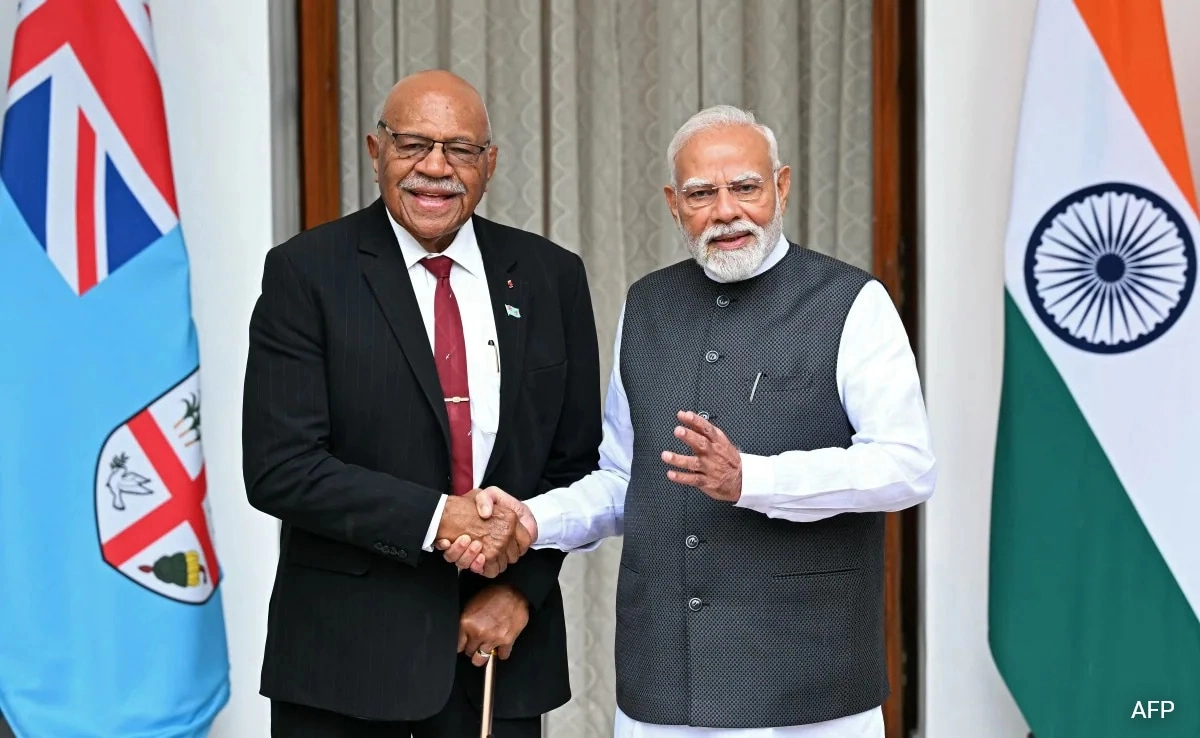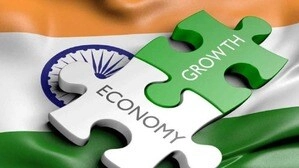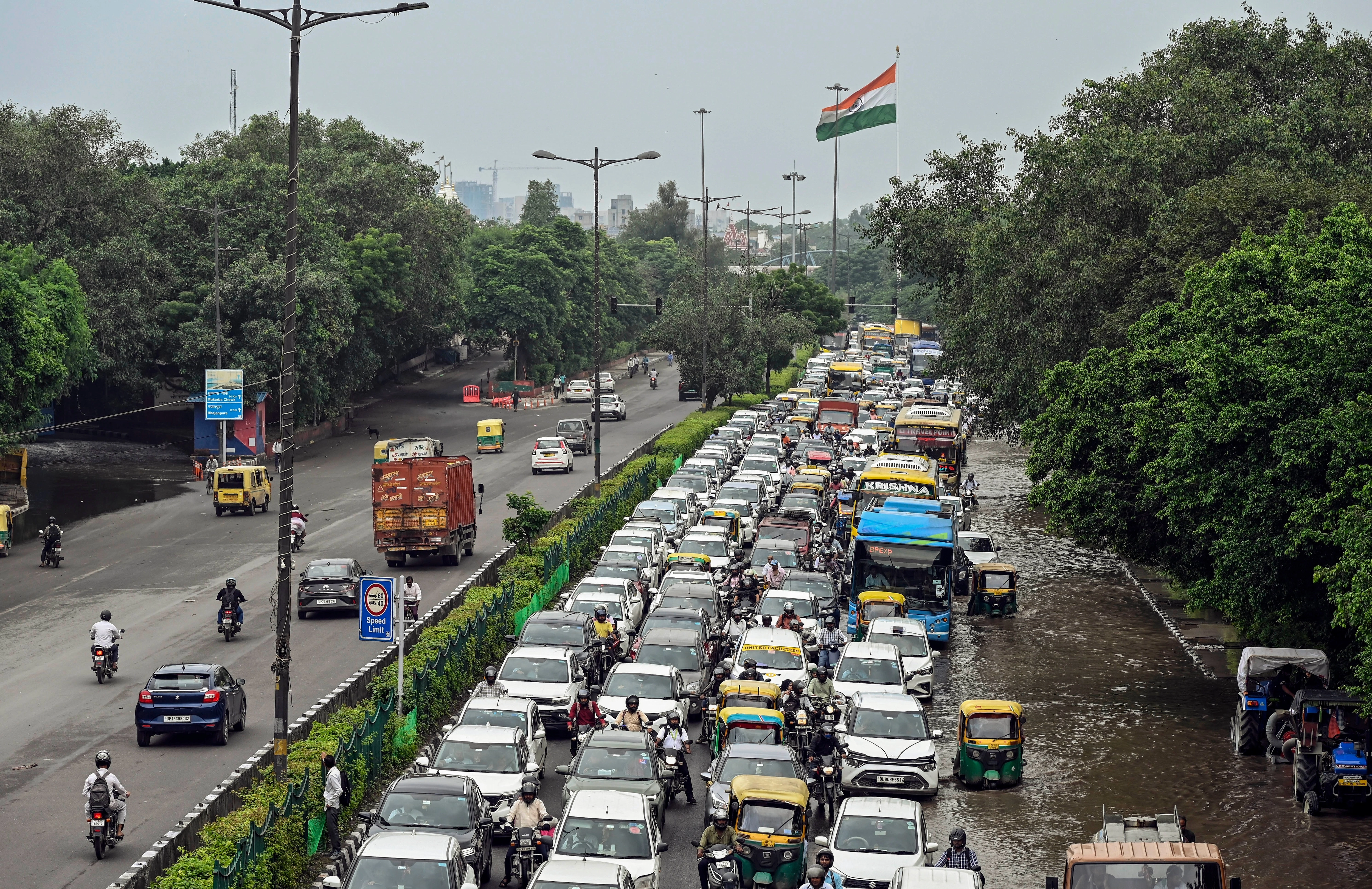In a recent diplomatic exchange, Fiji’s Prime Minister expressed concerns regarding the ongoing tariff dispute involving the United States and its implications for global trade relations. During a meeting with Indian Prime Minister Narendra Modi, the Fijian leader conveyed a message reflecting the unease felt by many nations regarding the potential fallout of the U.S. tariff policies. The phrase “Somebody Is Not Very Happy With You” was specifically used to highlight the sentiments of countries that may be adversely affected by these trade decisions, underscoring the interconnected nature of global economies.
The conversation between the two leaders underscores the intricate web of international trade and diplomacy. As nations grapple with the repercussions of tariffs, there is a growing realization that such economic measures can reverberate far beyond their intended targets. Fiji, a small island nation, is particularly vulnerable to global economic shifts, and its Prime Minister’s remarks resonate with the broader concerns of developing countries that often find themselves caught in the crossfire of larger geopolitical disputes. This dialogue between Fiji and India illustrates the importance of solidarity among nations, especially those that may be disproportionately impacted by the unilateral actions of more powerful states.
Prime Minister Modi’s response to the Fijian concerns will likely be crucial in shaping future discussions on trade policy and international cooperation. Both leaders recognize the importance of fostering a collaborative approach to address the challenges posed by rising protectionism and trade tensions. It is essential for countries like India and Fiji to work together to advocate for fair trade practices that promote equity and sustainability in the global marketplace. As the world becomes increasingly interconnected, the need for cooperative dialogue and mutual understanding among nations has never been more critical in navigating the complexities of international trade.




